
Iranian SMEs Export $3bln in 11 Months
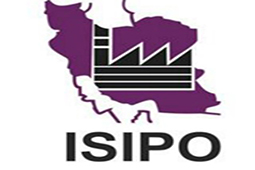

Deputy Minister of Industry and Chief Executive of Iran Small Industries and Industrial Parks Organization (ISIPO) Mohsen Salehinia said today that a total of 60 exports consortia and 58 exports management companies have so far registered their licenses in the ISIPO.
He added SMEs, with majority of them active in the field of food, dried nuts, stone and garment industries, exported $3 billion worth of products in 11 months of the current Iranian year (through Feb. 21).
He put the current number of industrial areas in the country at 983, of which 561 and 412 are related to the industrial towns and industrial parks respectively.
Salehinia further said that some 147,000 hectares of land have been provided for the SMEs, adding, "59,000 hectares has so far been registered and granted to the enterprises.”
This comes, while about 22 percent of industrial and production units in the country have faced recession during this year, he noted.
Creating necessary conditions for SMEs to develop and promote their products has been cited as one of the main aims of ISIPO, he reiterated.
Attracting financial resources and liquidity is one of the major requirements of these economic enterprises, he said, adding that “in this way, internal resources of banks and the National Development Fund of Iran (NDFI) will be used optimally.”
Earlier in mid-February, it was announced that Iran has exported 37,018 tons of non-oil commodities via railroad through Golestan province’s Incheh Borun border crossing with Turkmenistan since March 21, 2018, indicating a 120% jump compared with corresponding period in last year.
“The figure shows a 120% jump in comparison with the corresponding period of last year,” Managing Director of Golestan Railway Company Mohammad Reza Qorbani said on Saturday.
The official added that some 76,699 tons of commodities were imported via the Northern checkpoint over the same period.
The exports and imports during the period were mainly made to and from Kazakhstan, Turkmenistan, China, Kyrgyzstan, Uzbekistan and Russia.
Incheh Borun train station was inaugurated in late 2014, in a ceremony attended by the presidents of Iran, Turkmenistan, and Kazakhstan
Director General of Golestan’s Customs Department Ebrahim Hosseini, announced in late January that Golestan had earned a total sum of $221.72 million from exporting goods to foreign countries in the first 10 months of the current Iranian calendar year (started on March 21, 2018), which showed a 53% jump compared with the corresponding period in the year before.
Iranian merchants exported over 321,000 tons of goods worth some $221.72 million from the Northern Golestan province during the past 10 months through January 20.
According to Hosseini, the figure indicates a 73% and 53% hike in terms of volume and value, respectively, compared with the similar period in last year.
The main commodities exported from Golestan included cheese, rebar, iron, tomato paste, dairy products, polystyrene, preform, and animal food.
Iraq, Turkmenistan, Afghanistan, Kazakhstan, Bulgaria, Romania, China, Qatar, Uzbekistan, Russian Federation, Pakistan, Turkey and Azerbaijan were the province's major destinations during the period.
The Northern province’s exports during the past Iranian year (March 2017-2018) stood at 240,000 tons worth $184 million.
In a related front, Iran’s Economy Minister Farhad Dejpasand said on Friday that the country’s trade balance has improved in the last 10 months of the current Iranian calendar year (started on March 21, 2018), boasting that the plots to cut the country’s oil revenues to zero have failed.
Dejpasand said that Iran’s non-oil exports have increased over the past ten months up to January 20 and 85 percent of its imports pertain to raw materials.
Addressing a gathering of Hormuzgan province’s business persons and investors, the minister said the enemies were unable to lower Iran’s oil exports down to zero, as the oil sales continue as before.
Stressing the need for using capacities of the free zones, he added that profits from economic progress in the zones should be injected to the country’s economy.
Referring to the country’s positive trade balance of 900 million dollars in the current Iranian calendar year, he said, “This has not taken place because of a decline in imports; rather due to increase in exports and this is very meaningful.”
Describing smuggling as the major challenge facing the local investors and producers, Dejpasand added that smuggling deals heavy blows to the country’s economy.
“To counter smuggling, we are trying to help customs houses to use modern technologies,” he said.
Elsewhere in his speech, the minister said that one of the golden opportunities in Hormuzgan is attracting foreign investments which should be used optimally.
Hormuzgan Province boasts numerous economic capabilities, as it can turn into the country’s economic bezel, he said.
In a related front, on January 14, Iranian President Hassan Rouhani reassured the nation that Tehran will surpass the US sanctions, adding that Washington will be unable to continue levying sanctions against his country.
Rouhani assured the Iranian nation that Iran is the party that will eventually emerge victorious from the ongoing campaign of sanctions and pressure that the country has been subjected to by the United States and its allies.
Addressing a large crowd of people during his visit to Gonbad-e Kavous in the Northern Iranian Province of Golestan, President Rouhani said, "We have no fear of the enemy plots and are sure to weather all problems.”
The president noted that Washington should know that it will “never be able to bring this great nation and its courageous leadership to its knees”.
Rouhani gave assurances that all Zionist schemes “to see us overpowered" by their ploys shall be frustrated.
"Are you planning on depriving our people of food, medicine, and equipment?" Rouhani exclaimed, noting, "We are standing in the face of the enemies with all our might."
The president added that it is tough, but possible, to surpass the US sanctions, which have targeted Iran’s banking, oil, and shipping sectors. "Our nation should know that these problems will not persist," he noted.
Rouhani hailed the level of relations between Iran and its neighbors which are "at their best," and even confirmed Tehran’s preparedness to resolve certain standing issues with "one or two" neighboring countries.
Earlier on January 05, Iranian First Vice-President Eshaq Jahangiri said that the Americans have taken aim at the Iranian people’s livelihood but their dream to bring Iran’s oil sales to zero was not fulfilled.
“US is trying to stop major Iranian income resource, that’s to say oil sales, as they in their own imagination wanted to bring oil sales to zero but they failed with the grace of God,” he said.
In a meeting with the Managing Director of Ports and Maritime Organization Mohammad Saeedi, Jahangiri added that the institute as a major sector of the country’s economy shoulders a heavy burden in sanctions era.
“At a time when foreign shipping companies did not stop cooperation with Iran, local companies shoulder a double burden so that imports and exports of goods will not come to a halt due to restrictions in the transportation sector,” he said.
Noting that the government is serious determined to solve problems that the shipping sector are faced with, he said that Iran’s Ports and Maritime Organization shoulders a heavy burden in times of sanctions.
Jahangiri also referred to the extensive capacities of Iran’s sea transportation sector, saying that it can render great services for the other countries and earn income from it.
Saeedi, for his part, talked about their problems and called for the government’s special attention to the sector to solve its challenges.
In a related front, earlier on November 10, Dejpasand downplayed the effects of the US new sanctions on his country, saying that Tehran has gained lots of experience in bypassing and coping with embargos in past decades.
"Living through sanctions conditions is not difficult. We have become experienced in the past 40 years in confronting sanctions," he added.
He noted that Iran will use all economic opportunities to confront enemies, and said, "We have earned good and effective experience in confronting sanctions since the start of the Islamic Revolution and we have devised proper plans to confront the economic embargos."
His remarks came hours after President Rouhani said American officials had admitted their incapability to stop Iran's crude sales, and the US sanctions would only leave negative impacts on imports of foodstuff, medicine and medical equipment.
"What the Iranian officials said that the US is not able to zero Iran's oil exports was proved with the US recent admission," President Rouhani said after a trilateral meeting with the parliament speaker and judiciary chief in Tehran on November 10.
"The US announced that it cannot zero Iran's oil sales because the oil prices will rise to $150; this is what we had said (before). In this region, either Iran's oil is exported or others will be in trouble as well," he added.
Rouhani referred to the US lies that the foodstuff, drugs and medical equipment were exempted from Washington's sanctions against Iran, and said, "This is incorrect. When the banking system is sanctioned, everything is affected."


Gold price inches higher with spotlight on US-China trade talks
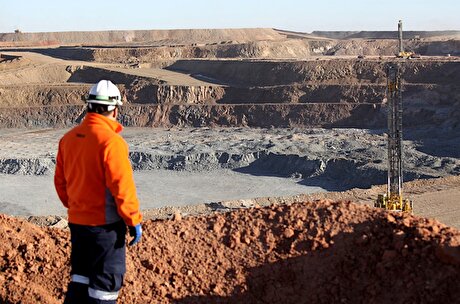
Rio Tinto faces major engineering change at Oyu Tolgoi
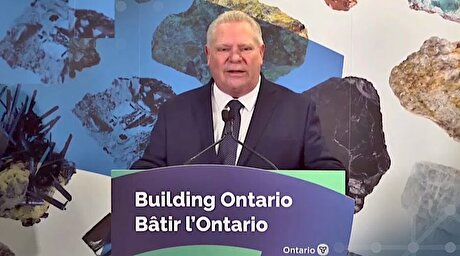
Ontario fast-tracks controversial mining law

Trump confirms rare earth deal with China

Petra Diamonds rethinks sales tactics as market slump drags on

Talon Metals plummets as it prices financing at discount to fund nickel project
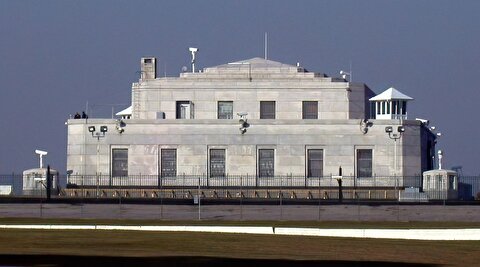
US lawmakers push for comprehensive audit of Fort Knox gold
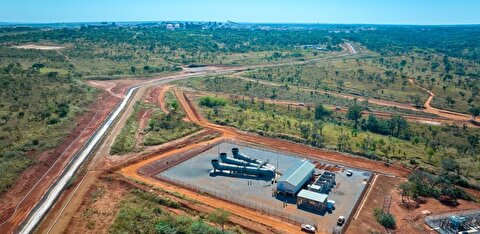
Ivanhoe slashes 2025 copper guidance by 28% following DRC mine restart
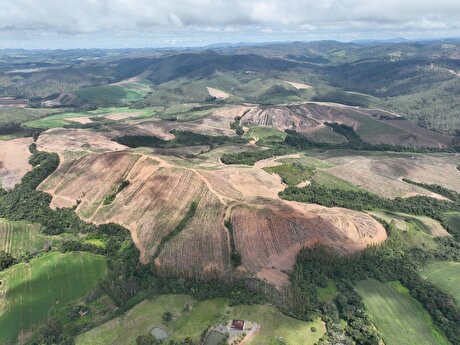
Rare earth startups eye slice of $1 billion bounty from Brazil
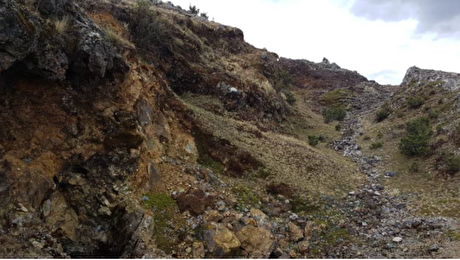
Condor-Teck copper project in Peru receives environmental approval

KORITE acquisition in Alberta creates world’s only mine-to-market ammolite producer

Gold price extends rally following Israeli attack on Iran
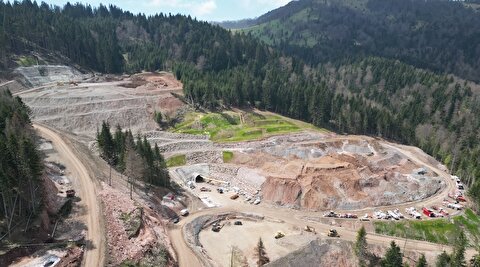
Dundee Precious Metals to buy Adriatic in $1.25B deal
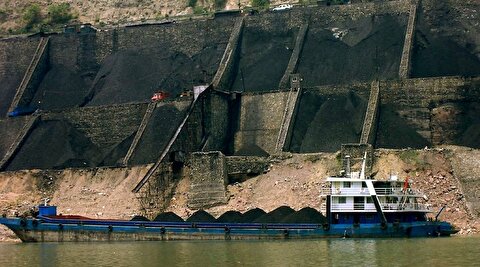
Perseus forecasts 2.7 million oz. gold production over five years
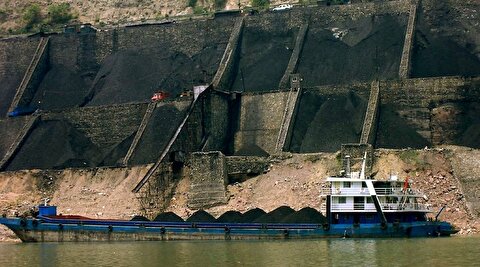
China coal imports could drop by up to 100mt in 2025, industry group says

Rare earth startups eye slice of $1 billion bounty from Brazil
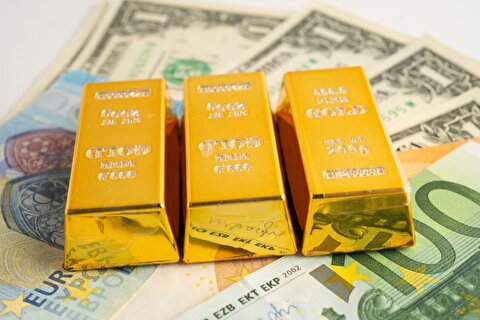
Gold surpasses euro as second-largest reserve asset: European Central Bank

Glencore halted some cobalt deliveries over Congo export ban
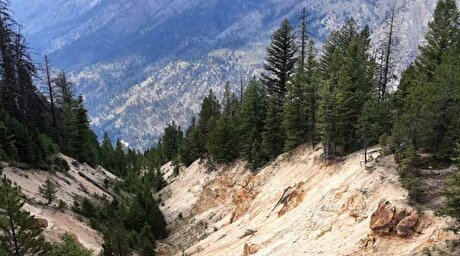
Resolution stakes claim in US critical minerals market

KORITE acquisition in Alberta creates world’s only mine-to-market ammolite producer

Gold price extends rally following Israeli attack on Iran

Perseus forecasts 2.7 million oz. gold production over five years

China coal imports could drop by up to 100mt in 2025, industry group says

Rare earth startups eye slice of $1 billion bounty from Brazil

Gold surpasses euro as second-largest reserve asset: European Central Bank

Glencore halted some cobalt deliveries over Congo export ban

Resolution stakes claim in US critical minerals market

Ivanhoe slashes 2025 copper guidance by 28% following DRC mine restart












